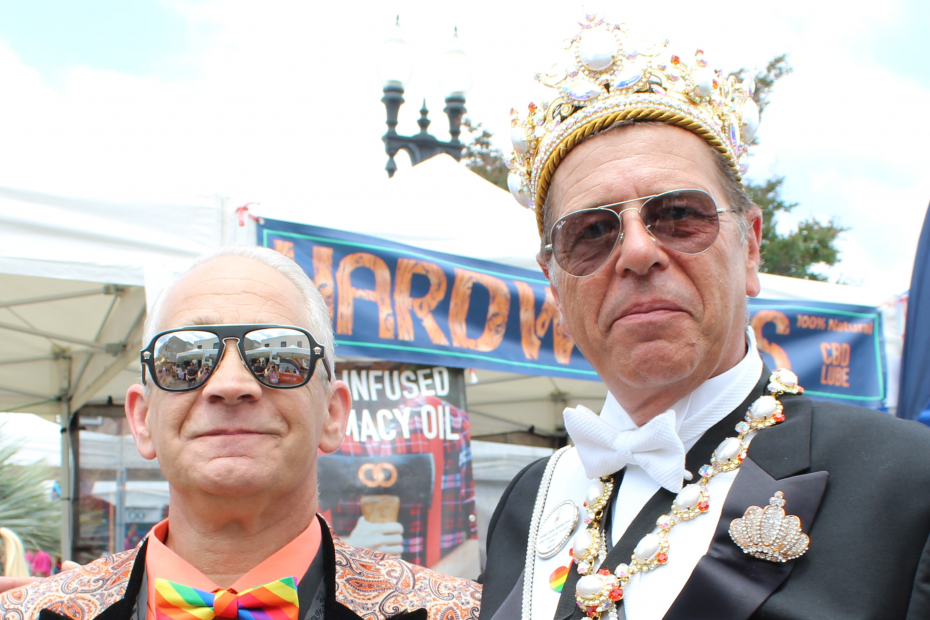An important skillful aging strategy is to become aware of the impact of internalized cultural attitudes on our experience of getting older. It is therefore the first thing we do in the “Aging Gayfully!” Introductory Class.
Internalized ageism: Our culture is addicted to staying young. Age is experienced as a disease, as a failure, as a betrayal of our bodies. Television and magazines are filled with products guaranteed to restore and maintain the beauty, strength, stamina and sexuality of our younger years. Instead of being proud of our age, we are flattered when people tell us we don’t look our age. Gay men are especially prone to internalized ageism. Many younger gay men have negative stereotypes of older gay men and dread their later years.
Internalized LGBTQ-phobia: Our culture is only now beginning to relax its strict rules around variations in sexual expression and gender identity and that relaxed attitude is still not yet universally accepted. Most of us who are older suffered from judgment, discrimination, intimidation and harassment for most of our lifetime. It was difficult to avoid the impact of the LGBTQ-phobia that engulfed us. Our sense of self-worth suffered. Many of us jeopardized our health by drinking too much, experimenting with drugs, or engaging in unsafe sexual behaviors. We may also have tolerated unhealthy relationships out of low self-esteem or accepted limited career choices out of fear of rejection or even worse consequences.
Other Internalized Attitudes: In addition to ageism and negative attitudes toward non-conforming relationships and gender identities, our aging experience can also be impacted by our culture’s attitudes about our race or ethnicity, our economic or social status, our religion or spiritual beliefs, our education level or career choice and so on.
The good news: The research that is being done on older LGBTQ adults confirms the negative impact on us of a lifetime of avoiding or combatting our culture’s rampant LGBTQ-phobia. Our health as a marginalized population has suffered from the stress and many of us continue to be vigilant and cautious in letting others know us fully. However, the research is also finding that the strengths and adaptive strategies that we survivors engaged to survive in a hostile culture have resulted in an increased capacity for handling the difficult challenges of aging! We are able to respond to crises and adjust to change with greater resilience! This is great news as it means that our past challenges have made us stronger and more likely to adjust to whatever changes lay ahead.

Just read the blog. It was like reading about myself. So true. I find myself even feeling unsafe in LGBTQ groups. Thanks for the words.
It is not surprising that our apprehension continues after so many traumatic years of having to protect ourselves.